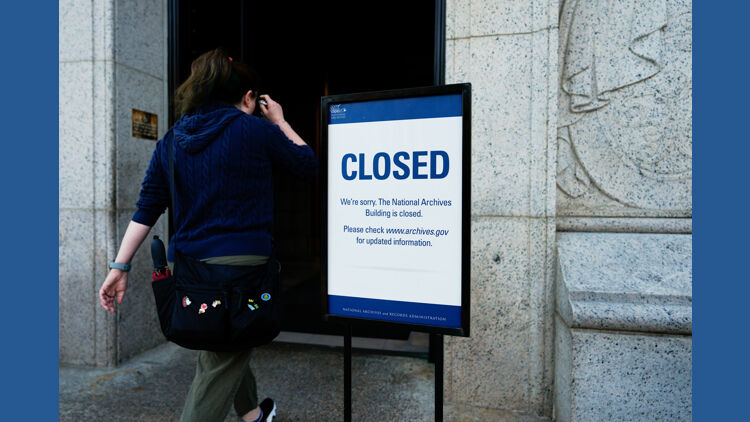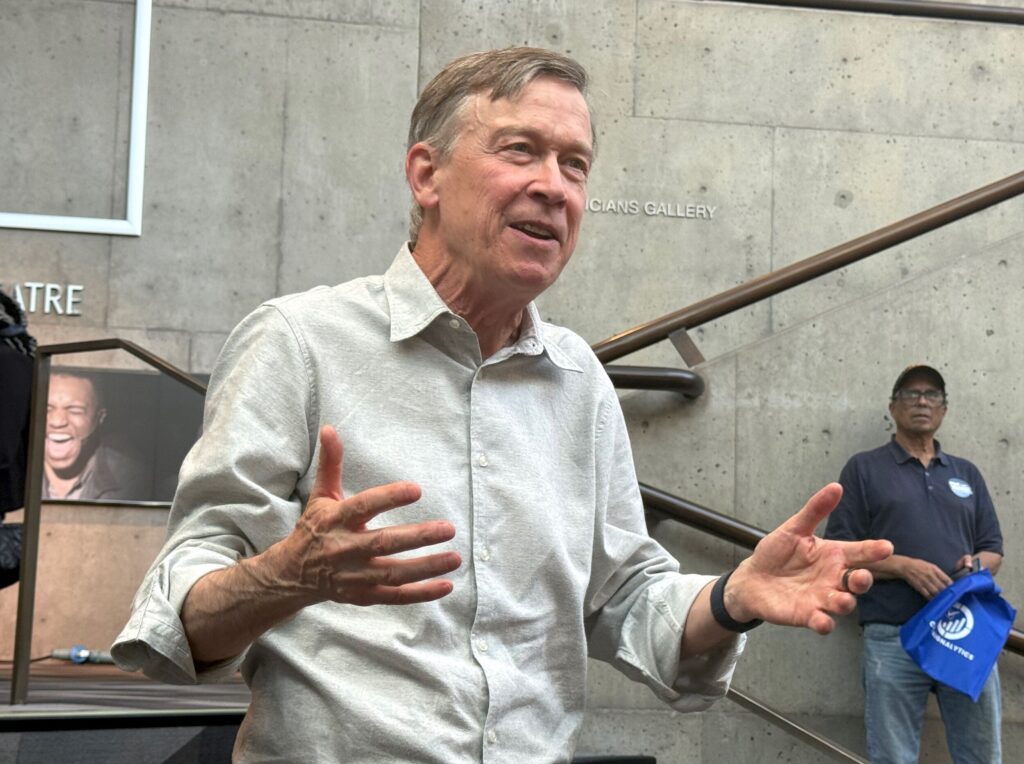Metro district reform bill dies in Colorado Senate committee

Metro district residents in Colorado would have been able to instantly toss from their local neighborhood board any member with ties to the developers building their community under a state Senate bill discussed Tuesday.
But heavy opposition from developers and metro district proponents scuttled Senate Bill 22-136, which died in that chamber’s Local Government Committee. The panel killed the measure after hearing from several residents who testified of abuses they’ve experienced through the years.
Developers, bankers, finance experts and lawyers that work or control metro districts testified how any changes to current law would affect future home building in a state thirsty for it. Metro districts are largely how new housing is built in Colorado.
They argued that the measure would discourage development and ultimately exacerbate Colorado’s housing woes.
Senators weren’t completely against any reform.
Sen. Chris Kolker, D-Centennial, was emphatic that metro districts face many problems that need to be fixed. He just didn’t think this bill did the trick.
“There are significant things that require reform,” Kolker said. “For one, there are too many conflicts of interest in developing metro districts.”
Residents at the hearing decried a lack of voice with how a metro district’s property taxes are calculated, nearly all of it leveraged on municipal bonds issued by a district’s board of directors. Districts are typically formed by developers who own the land where homes will be built. In that process, the developers decide how much debt future residents will pay to cover the costs of building a district’s infrastructure, such as sidewalks, sewers and roads.
Bonds are issued and residents have no approval or say in the process.
“When I saw what was going on here, it was alarming and I’m thinking I was chicken little with her head cut off,” said Terese Charles, a metro district resident. “We’re only 175 houses and we are millions and millions of dollars in debt.”
Bill sponsor Sen. Tammy Story, D-Conifer, the lone supporting vote, seemed surprised at some residents’ testimony.
Sens. Barbara Kirkmeyer, R-Brighton, Chris Holbert, R-Parker, and Paul Lundeen, R-Monument, joined Kolker voting against it.
“This is just astounding,” Story said. “The residents have basically no voice. It’s taxation without representation. It’s a significant conflict of interest for developers.”
The bill would have required metro district boards that are largely composed of people with ties to its developer to disclose that conflict of interest in a mailer before each scheduled meeting.
Additionally, the mailer would have included a self-nomination form that a resident can submit to take over the seat of a board member who doesn’t actually live in the district and has ties to the developer and legally permitted to sit on the board.
Under the proposal, the board must terminate the developer-affiliated position and immediately appoint the resident who submitted the self-nomination form to that seat. In cases where residents submit more self-nominating forms than developer-affiliated positions available for termination, the board has to call a special election to fill the seats.
The bill would have also allowed residents to bring citizen initiatives for local election, which they currently cannot do.
“There are a lot of people with a lot of money who want to see corporate control of metro districts continue,” said Charles Wolfersberger, an accountant who manages metro districts whose board of directors are resident-controlled.
Wolfersberger showed senators several examples where interest rates returns on construction bonds issued by developer-controlled metro district boards – all to be paid by the residents who will eventually move there – are as high as 40 percent. In some cases, the developer is the owner and beneficiary of the bonds.
In Jefferson County, metro district resident Fayre Ruszczyk told legislators, “We have 27 metro districts. Of those, 20 are still controlled by developers.”
Developers frequently qualify someone to be on a metro district board by giving an option to purchase a sliver of land – without actually buying it – to a family member, friend or associate. In some cases, metro districts are formed by as few as two people.
“It just is so ridiculous that the developers can sit down with themselves as board members and decide how to tax the electors, and then benefit tremendously from that, billions of dollars applied to electors who cannot ever get over this in their lifetime,” Story said.
Developers balked at the possibility that residents could simply file a form to unseat a metro district board member – regardless of their affiliation to the developer – and warned that financial ruin could follow.
“There will not be the will to fund infrastructure,” said Zach Bishop with investment banker Piper Sandler. “These early stage costs are high and Colorado will exacerbate its ability to provide housing by passing this bill.”
Residents still have the right to unseat a board member through a recall, noted Barbara Biggs, who spoke for the Special District Association, the trade group that represents special districts, which include metro districts.
“Voters already have the right to vote against someone they don’t like,” she said.
Jim Gibson, a critic of developer-controlled boards, said one developer controlled 146 metro district board seats by the people it placed there, and one person held seats on 73 metro district boards.
“The last time that I checked, each of you only held one elected seat,” Gibson said to the senators.












